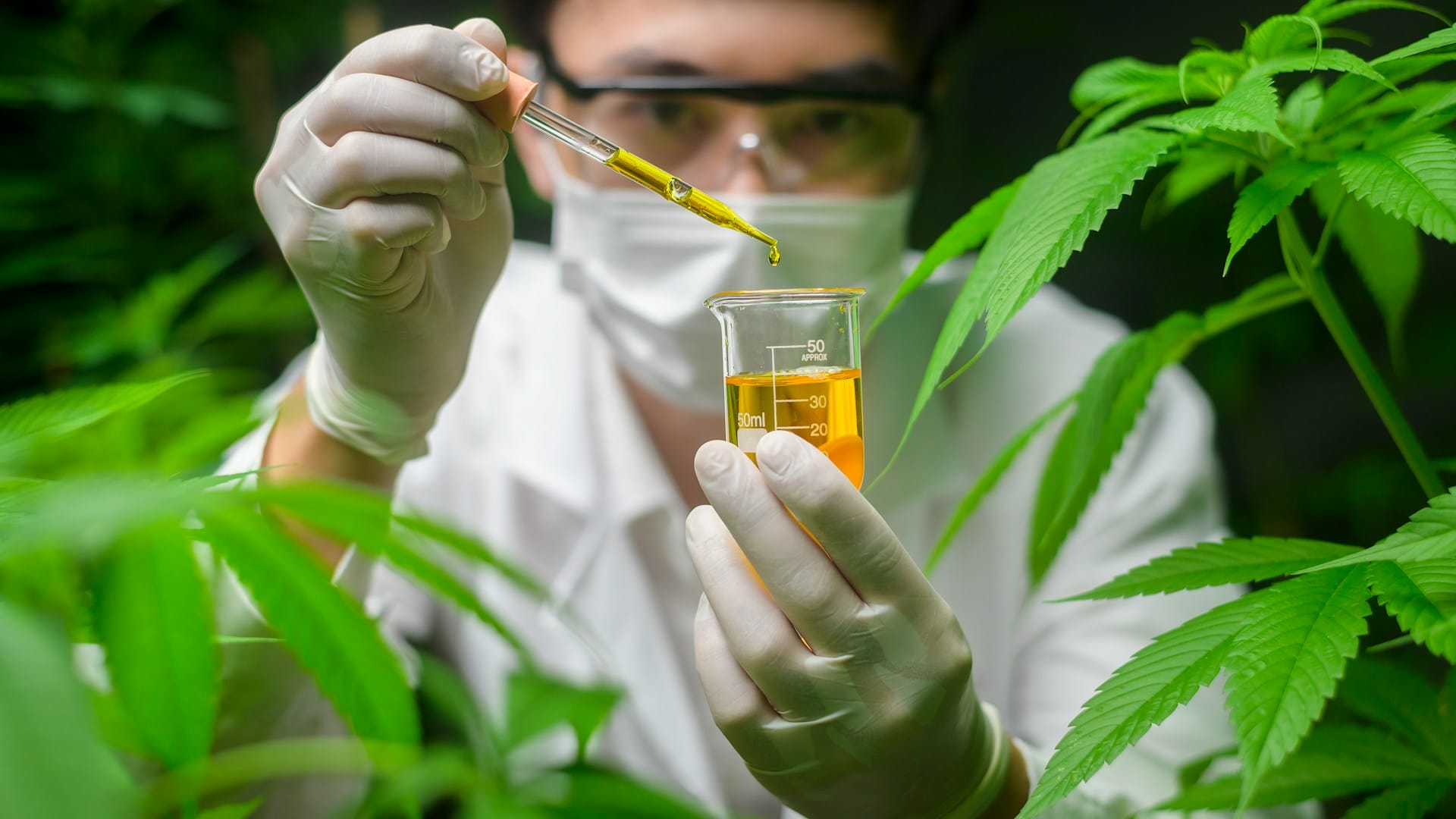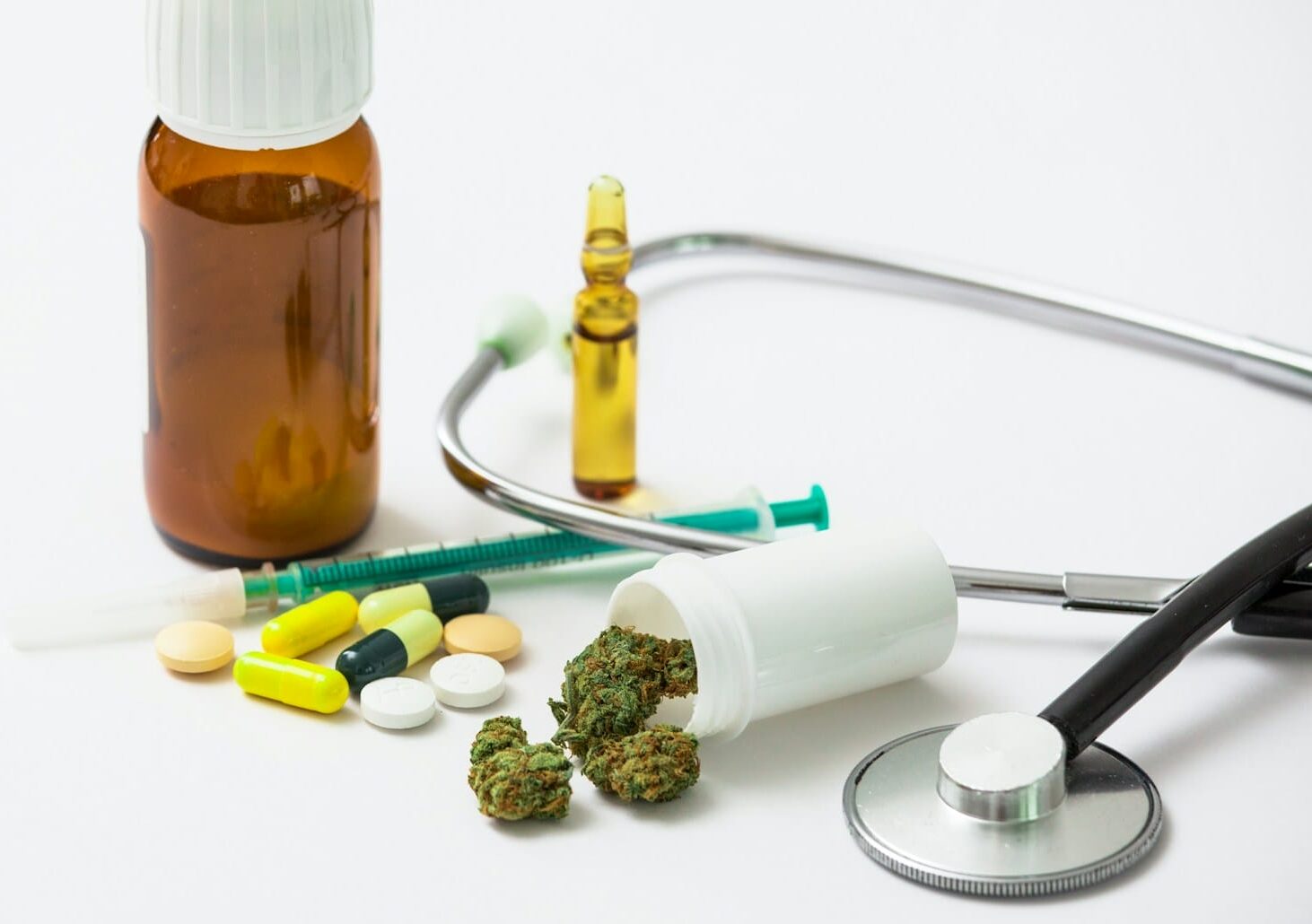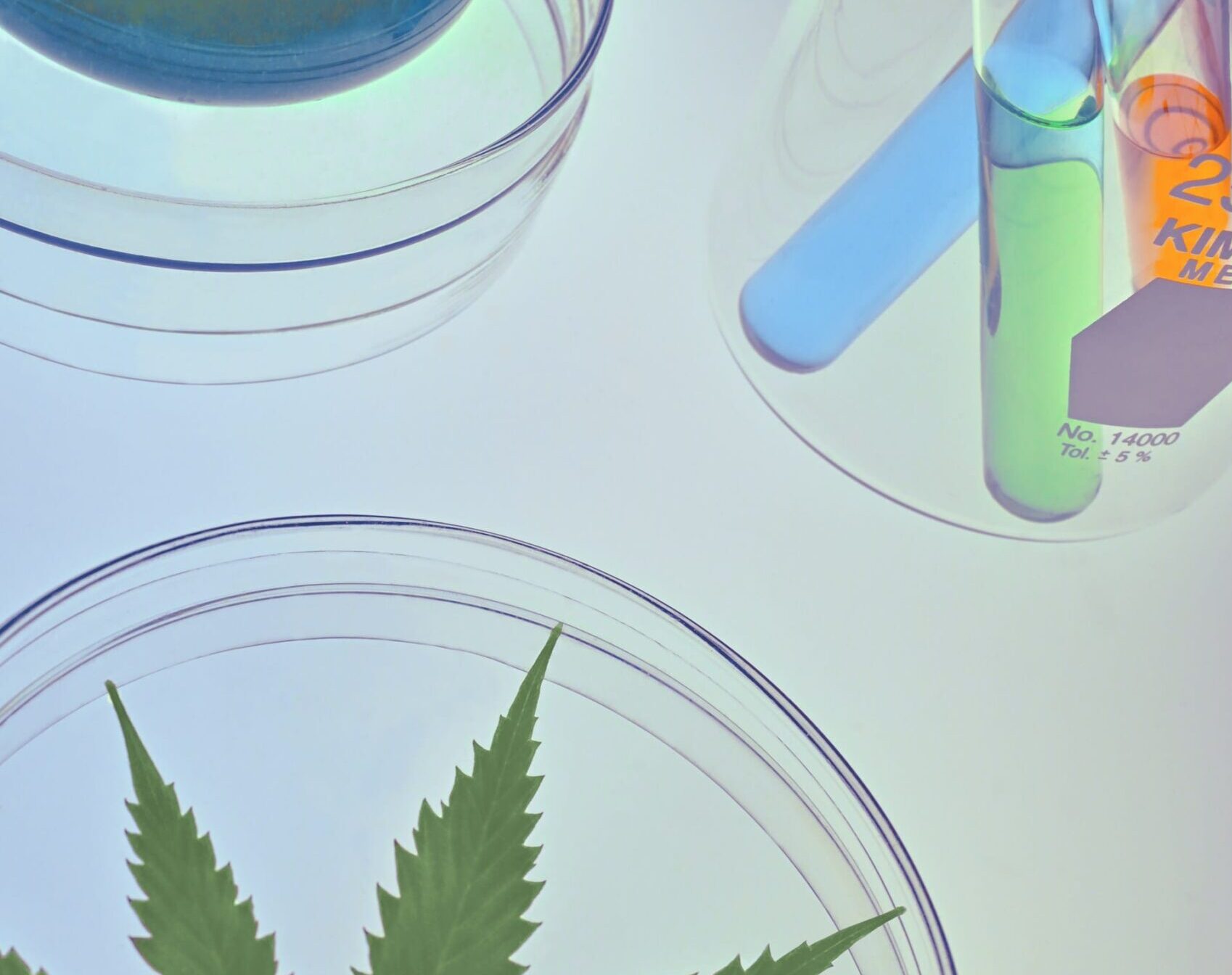THC vs. CBD: Exploring the Neurological Effects of Marijuana’s Key Cannabinoids
Overview: Understanding the Key Players in Cannabis
Marijuana is a complex plant containing over 100 cannabinoids, but two compounds stand out for their prominence and impact: THC (tetrahydrocannabinol) and CBD (cannabidiol). These cannabinoids have distinct effects on the brain, with THC being well-known for its psychoactive properties, while CBD is recognized for its therapeutic benefits. Understanding how these compounds interact with the brain is crucial for anyone interested in the medical or recreational uses of cannabis. This blog post delves deep into the differences between THC and CBD, explaining how they affect the brain and how they can be used in both medical and recreational settings.
What is THC? The Psychoactive Compound
The Science Behind THC: How It Interacts with the Brain
THC is the primary psychoactive compound found in marijuana, responsible for the “high” that users experience. It works by mimicking the endocannabinoid anandamide, which naturally occurs in the brain. Anandamide plays a key role in regulating mood, memory, appetite, and pain perception.
When THC enters the bloodstream and reaches the brain, it binds to the CB1 receptors located throughout the brain and central nervous system. These receptors are part of the endocannabinoid system, a complex network responsible for maintaining bodily homeostasis. Once THC binds to these receptors, it triggers a release of dopamine, leading to feelings of euphoria, altered perception, and relaxation.
Psychoactive Effects of THC
The psychoactive effects of THC can vary greatly depending on the individual, dosage, and method of consumption. In moderate amounts, THC often leads to feelings of relaxation, increased creativity, and heightened sensory perception. In higher doses, users may experience anxiety, paranoia, or impaired motor coordination.
The effects of THC typically last anywhere from two to six hours, with the peak effects occurring within the first hour of consumption. For those using marijuana recreationally, THC’s ability to alter perception and mood makes it appealing. However, medical users may also benefit from its analgesic and anti-inflammatory properties.
What is CBD? The Non-Psychoactive Healer
The Science Behind CBD: A Therapeutic Powerhouse
CBD is the second most abundant cannabinoid in marijuana but does not produce the psychoactive effects associated with THC. Unlike THC, CBD does not bind directly to CB1 receptors in the brain. Instead, it interacts with the endocannabinoid system indirectly, enhancing the body’s ability to use its own endocannabinoids.
CBD is often used for its therapeutic benefits. It has been shown to reduce inflammation, alleviate anxiety, and even combat seizures. Its non-psychoactive nature makes it a popular choice for those who want to experience the medicinal properties of cannabis without the “high.”
How CBD Impacts the Brain
CBD’s interaction with serotonin receptors is one of the key ways it provides relief from anxiety and depression. It also plays a role in pain regulation by interacting with receptors that modulate pain perception. Unlike THC, which can cause short-term memory loss, CBD has been shown to have neuroprotective properties, potentially protecting the brain from neurodegenerative diseases like Alzheimer’s.
THC vs. CBD: A Breakdown of Effects on the Brain
THC vs. CBD: Neurological Differences
Although both THC and CBD interact with the endocannabinoid system, their effects on the brain are quite different. THC binds directly to CB1 receptors, leading to the release of dopamine and the psychoactive effects commonly associated with marijuana use. In contrast, CBD enhances the body’s natural endocannabinoid levels, leading to more subtle, therapeutic outcomes.
THC and Its Impact on the Brain’s Reward System
THC’s direct activation of CB1 receptors in areas of the brain associated with pleasure, such as the nucleus accumbens, explains its ability to produce euphoria. This activation of the brain’s reward system makes THC popular among recreational users. This also explains why it can become addictive for some individuals. Long-term, heavy use of THC can lead to changes in brain function, particularly in areas that control memory and learning, such as the hippocampus.
CBD’s Role in Neuroprotection and Healing
CBD, on the other hand, acts as a neuroprotectant. Studies suggest that CBD may help protect the brain from the harmful effects of stress and trauma. It can also reduce oxidative stress, which plays a role in conditions such as Parkinson’s and Alzheimer’s. Moreover, CBD has shown promise in treating conditions like epilepsy, where it helps regulate abnormal brain activity.
Medical Uses of THC and CBD
THC for Medical Conditions
THC’s ability to relieve chronic pain is one of the primary reasons it is used medically. Conditions such as arthritis, multiple sclerosis, and fibromyalgia can cause significant pain that is often resistant to traditional treatments. THC’s interaction with CB1 receptors in pain pathways helps reduce this pain.
Additionally, THC has been used to alleviate nausea and stimulate appetite in patients undergoing chemotherapy. Its ability to increase dopamine levels also makes it useful in treating mood disorders, although its psychoactive effects limit its use in certain populations.
CBD for Medical Conditions
CBD is widely used for its anti-inflammatory and anxiolytic properties. Studies have shown that CBD can reduce the frequency and severity of seizures in epilepsy patients, particularly those with treatment-resistant forms of the condition. Its calming effects make it beneficial for individuals with anxiety disorders, PTSD, and even insomnia.
Moreover, CBD’s ability to reduce inflammation makes it an appealing option for those suffering from autoimmune diseases such as Crohn’s disease and rheumatoid arthritis.
THC vs. CBD: Working Together in the Entourage Effect
The Entourage Effect: THC and CBD in Harmony
One of the most interesting aspects of THC and CBD is how they interact with each other when consumed together. This phenomenon is known as the “entourage effect.” When combined, THC and CBD can enhance each other’s therapeutic benefits while mitigating the negative side effects.
For example, CBD can reduce some of the anxiety and paranoia that high doses of THC can produce. Conversely, THC can boost the pain-relieving effects of CBD. This synergy is why many medical cannabis products contain a balanced ratio of THC to CBD.
Choosing the Right Cannabinoid: What’s Best for You?
Finding the Right Balance of THC and CBD
When choosing between THC and CBD, it’s essential to consider your individual needs and preferences. For those seeking a psychoactive experience or needing intense pain relief, THC may be the better option. However, if you want to avoid the “high” and focus on therapeutic benefits such as reducing anxiety, inflammation, or seizures, CBD is likely the better choice.
Many users find that a combination of THC and CBD offers the most balanced effects. This allows for pain relief without overwhelming psychoactive sensations. Consulting with a healthcare professional who specializes in cannabis medicine can help you determine the right cannabinoid ratio for your needs.
Why Marijuana Expert is Your Go-To Resource
At Marijuana Expert, we are dedicated to providing the most up-to-date, research-backed information on all things cannabis. Whether you’re interested in the therapeutic benefits of CBD, the psychoactive effects of THC, or how both compounds can be used together for maximum benefit, Marijuana Expert offers insights you won’t find anywhere else. Our content is meticulously researched and written with the goal of educating our readers, empowering them to make informed decisions about their cannabis use. Trust Marijuana Expert to be your ultimate resource for everything marijuana-related.


